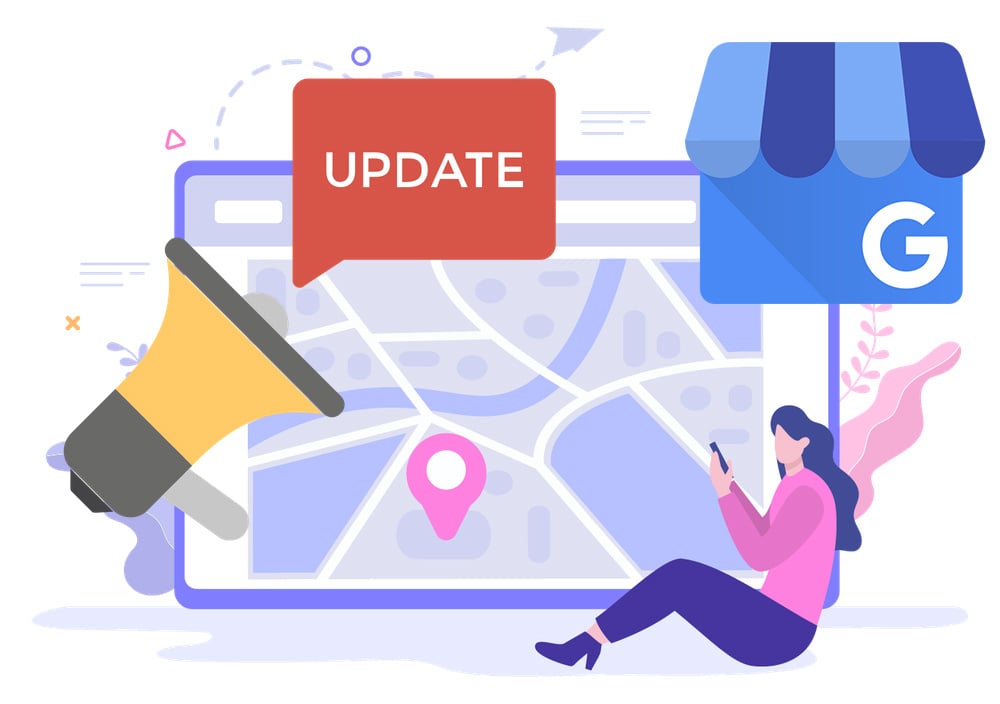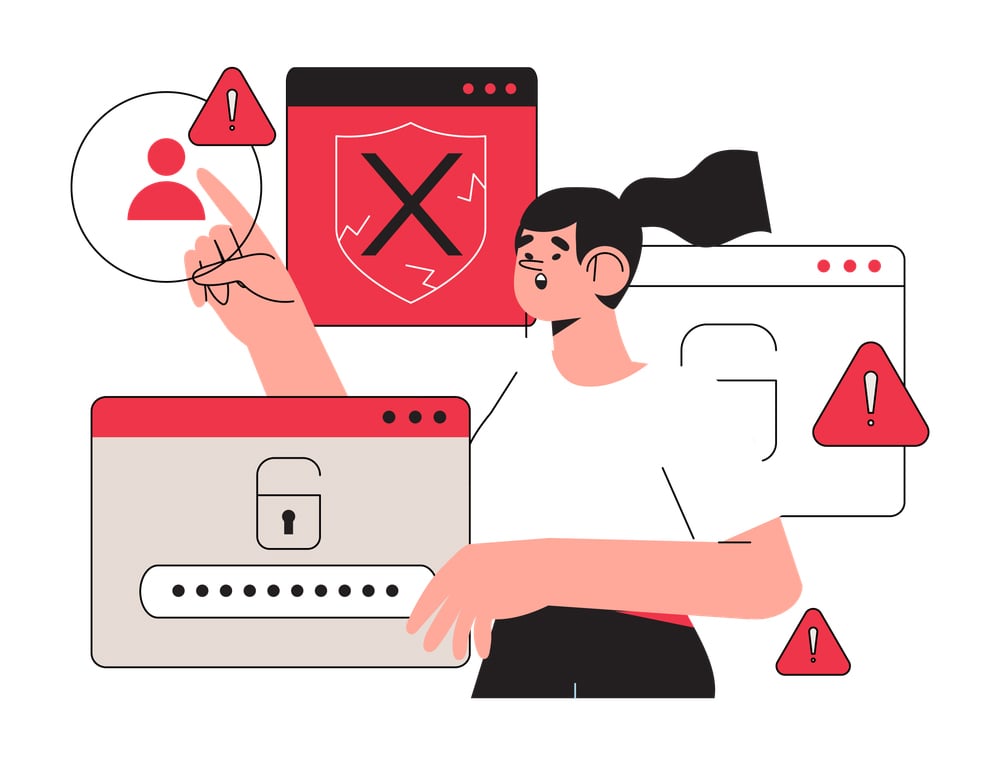The Surprising Benefit of Bad Reviews
Bad reviews don't have to be bad news. Learn how to see the silver lining through these surprising benefits.



Yelp, Google, TripAdvisor: These online review platforms all have one thing in common. Each platform contains its share of bad reviews. Even excellent businesses aren't perfect; the occasional bad review is part of life.
Plenty of articles focus on how to respond to negative reviews. But fewer focus on why customers write bad reviews. Businesses that practice empathy for their customers come away from bad reviews stronger.
Read on to learn the four most surprising benefits of bad online reviews.
Not All Bad Reviews Are Created Equal
Before reacting to a bad review, it's important to parse out which kind of bad review you're dealing with. Bad reviews aren't all the same. In fact, they fall into several distinct categories.
First things first: Some reviews are just plain fake. If you receive a fraudulent review, you can contact the platform to get it taken down. These reviews might be sketchy on details or abusive in their language. It's okay to flag them and move on.
Another type of bad review occurs when customers vent their frustrations online. These types of reviews tend to complain about factors that are random. Sometimes, these complaints might reference things entirely outside your control. It's still important to take these reviews seriously and respond to them. But broad complaints may not require your business to make major changes.
The best kind of bad review is one that contains constructive criticism. Customers write these reviews because they care about sharing honest feedback. Although these reviews might be tough to read, it's important to pay attention to them. These reviews can save your business from missteps and resolve pain points.
When you know what type of bad review you're dealing with, you can make an appropriate plan to respond.

Bad Reviews Help You Learn About and Address Complaints
Let's take a closer look at what makes constructive criticism so valuable. When you sell products online, you might have no idea what happens to them after delivery. Often, reviews reveal patterns that you wouldn't otherwise be aware of. This type of bad review reveals insights and pushes your business toward excellence.
Consider this example: Imagine you run a gardening business. You decide to start selling a new type of glass watering can. It's an elegant twist on your popular metal watering can, and you're excited to share it with customers. Though the glass is more fragile, you're pretty sure it will be durable enough for weekly use.
But bad reviews start popping up with a dismaying trend. A dozen customers have received watering cans with broken spouts. After reading these reviews, you dig into some research. Does the problem lurk in a design weakness? Are customers handling the watering can too roughly? Or is the packaging to blame?
After careful review, you realize that you should invest in better packaging materials. Sure enough, your products start showing up in perfect condition. By writing bad reviews, your customers actually helped improve your product.
When paired with CRM tools, social media and a modern communication strategy, online reviews can bring you closer to customers.
Responding to Bad Reviews Highlights Your Commitment to Customers
As mentioned above, it's okay to take bad reviews with a grain of salt. At times, bad reviews are a function of customers seeking connection. After a negative experience, customers want to know you register their discontent.
These types of reviews often lack specificity and express general frustration. Maybe a concert got rained out, or a flight hit major delays. Or maybe a customer was already having a bad day and thought your staff didn't provide enough attention. Or, it's always possible that your business had an off day, too. Either way, these bad reviews may not point to entrenched problems.
To keep these interactions constructive, treat them as an opportunity for connection. You can offer a sincere apology, and ask for a second chance to make things right. Depending on your business, you may be able to offer a small incentive, such as a freebie or discount, to entice dissatisfied customers back.
By airing on the side of generosity, you might still win these customers over.

Bad Reviews Help Reduce Returns From Other Customers
Bad reviews have one more unexpected benefit: They can help you reduce returns. This is good news for businesses—after all, who doesn't want to reduce churn and increase revenue?
Reviews—even bad ones—provide crucial social proof. When customers read detailed online reviews, they're able to glean new insights about whether a product is right for them. With access to more information, customers can make better purchasing decisions. This can prevent customers who would end up unhappy from buying a product or service in the first place.
Want to learn more about managing online reviews? get reviews to see how software can simplify your review pipeline!

%20(1)%20(1).png?width=340&name=Group%2012%20(2)%20(1)%20(1).png)



